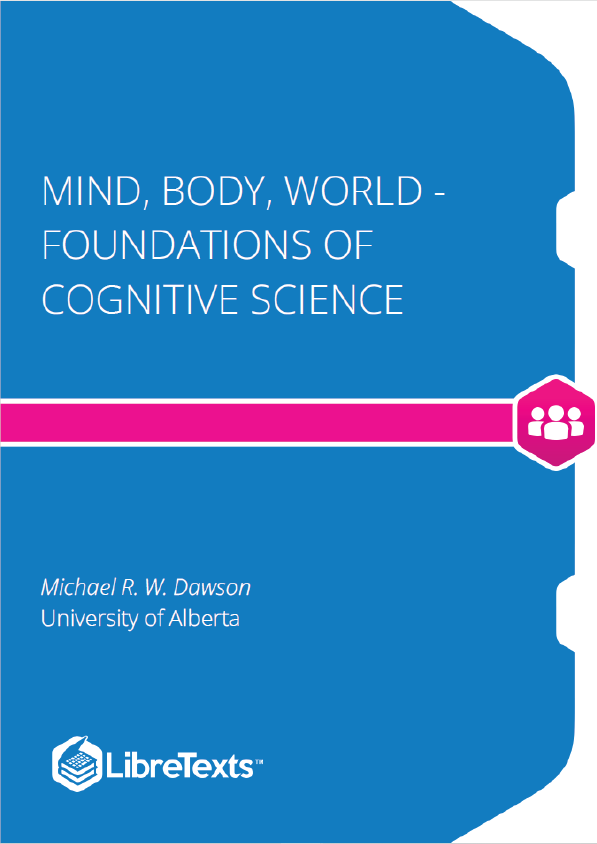Cognitive science arose in the 1950s when it became apparent that a number of disciplines, including psychology, computer science, linguistics, and philosophy, were fragmenting. Perhaps owing to the field’s immediate origins in cybernetics, as well as to the foundational assumption that cognition is information processing, cognitive science initially seemed more unified than psychology. However, as a result of differing interpretations of the foundational assumption and dramatically divergent views of the meaning of the term information processing, three separate schools emerged: classical cognitive science, connectionist cognitive science, and embodied cognitive science.
When experimental psychology arose in the nineteenth century, it was a unified discipline. However, as the experimental method began to be applied to a larger and larger range of psychological phenomena, this new discipline fragmented, causing what became known in the 1920s as the “crisis in psychology,” a crisis that has persisted to the present day. Cognitive science arose in the 1950s when it became apparent that a number of different disciplines, including psychology, computer science, linguistics and philosophy, were fragmenting. Some researchers responded to this situation by viewing cognition as a form of information processing. In the 1950s, the only plausible notion of information processing was the kind that was performed by a recent invention, the digital computer. This singular notion of information processing permitted cognitive science to emerge as a highly unified discipline.
A half century of research in cognitive science, though, has been informed by alternative conceptions of both information processing and cognition. As a result, the possibility has emerged that cognitive science itself is fragmenting. The purpose of this first chapter is to note the existence of three main approaches within the discipline: classical cognitive science, connectionist cognitive science, and embodied cognitive science. The existence of these different approaches leads to obvious questions: What are the core assumptions of these three different schools of thought? What are the relationships between these different sets of core assumptions? Is there only one cognitive science, or are there many different cognitive sciences? Chapter 1 sets the stage for asking such questions; the remainder of the book explores possible answers to them.
A Fragmented Psychology
Modern experimental psychology is rooted in two seminal publications from the second half of the nineteenth century (Schultz & Schultz, 2008), Fechner’s (1966) Elements of Psychophysics, originally published in 1860, and Wundt’s Principles of Physiological Psychology, originally published in 1873 (Wundt & Titchener, 1904). Of these two authors, it is Wundt who is viewed as the founder of psychology, because he established the first experimental psychology laboratory—his Institute of Experimental Psychology—in Leipzig in 1879, as well as the first journal devoted to experimental psychology, Philosophical Studies, in 1881 (Leahey, 1987).











